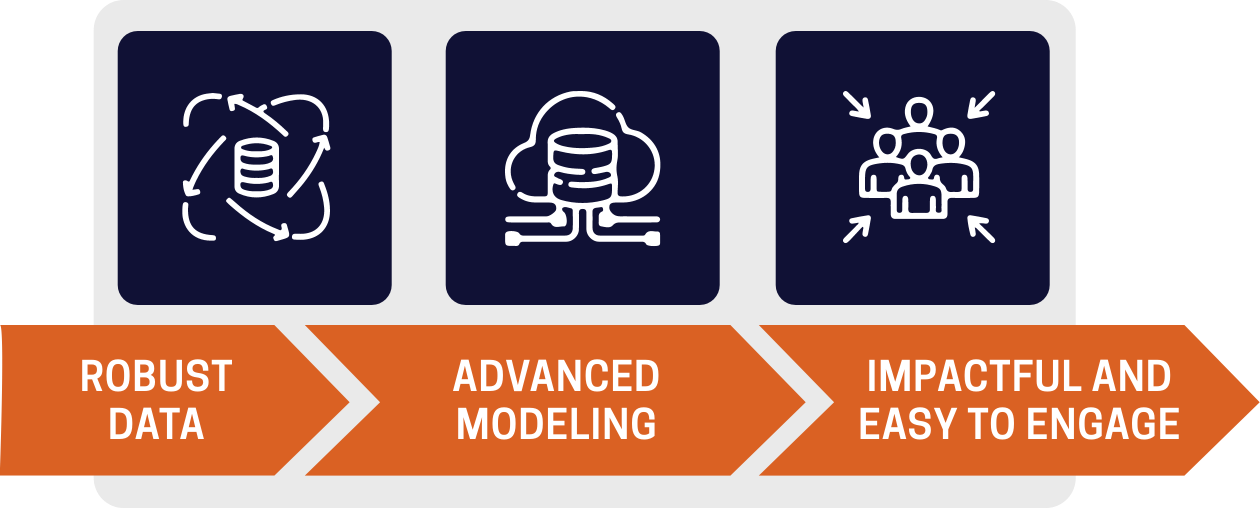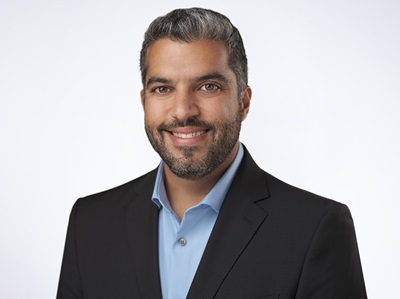Workforce Analytics
McChrystal Group’s workforce analytics offerings provide clear and custom insights about your organization's most important asset–your people.


Organizations perform when teams work, and teams can’t work without talent.
McChrystal Group’s Analytics uses cutting-edge, people-centric data retrieval, synthesis, and predictive modeling techniques to provide actionable data and insights around critical human capital decisions.


What It Is
Flight Risk Predictor
Reduce employee turnover by identifying high-flight-risk employees early with data-informed interventions and talent strategies.
Reduce Employee Turnover
Current employees: Identify risks and signs of departure months ahead of any self-reported intent to leave and be targeted with interventions
Job applicants: Algorithms are customized to suit different hirings funnels and can score + fast track incoming job applicants
USE CASES
Targeted Interventions for High-Flight-Risk Employees
Identification of Low-Turnover Job Candidates
Identification of Traits Predictive of Retention
Recruiting and Workforce Planning Insights
Alumni Tracker
Know your people and migration patterns by identifying what companies, roles, sectors, and employers your people are leaving to join, and why.
Talent Retention Insights
Transforming your workforce with data-driven solutions: Improve employee retention by better attuning compensation, benefits, and messaging to talent competition
Know your competition: Gain competitive intelligence about when and to where competitors are losing talent
USE CASES
Identification of Employee Motivations for Leaving
Identification of Labor Market Competitive Set
Workforce X-Ray
Diagnose gaps in skills, retention, DEI levels, and more with deep analytics and intelligence on your workforce and competitors’.
Critical Talent Intelligence
Rapidly diagnose issues: Analysis of workforce capabilities, trends, and disparities from benchmarks regarding workforce skills, experiences, and talent flows
Enhance employee profiles: Augment public profile data with details relating to employers, schools, location, and more to deepen contextual understanding of workforce
USE CASES
Skills Gap Identification
DEI Heat Mapping
Talent Sourcing Insights
Evaluation of M&A Targets
Competitive Workforce Intelligence
We Want to Hear From You.
We’d love to learn more about you, your team, and your challenges.
Our team is ready to help.
Why It’s Different


Thank you.
You're all set, we'll be in touch soon.
